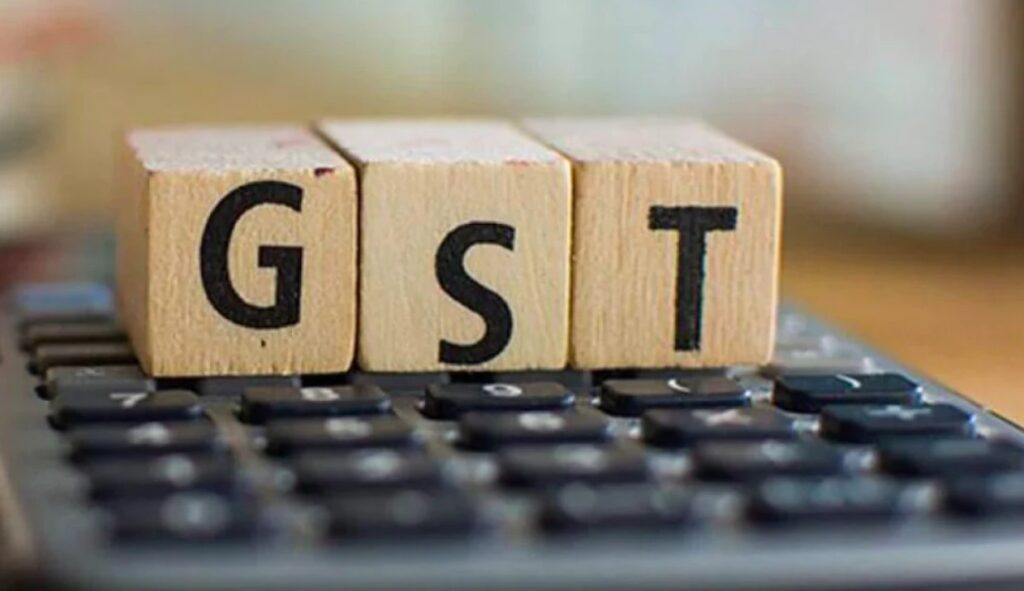Since its introduction in 2017-18, the Goods and Services Tax (GST) has faced challenges due to tax evasion by traders and businessmen across India. According to the Union Finance Ministry’s data, between 2020-21 and 2022-23 (up to May), a total of ₹2,68,537 crore worth of GST evasion was detected, out of which only ₹76,333 crore has been recovered with 1,020 individuals arrested.

GST Input Tax Evasion Filing Marked Highest Number Since 2017-18
The primary issue with GST is the misuse of Input Tax Credit (ITC). Many traders deceive the GST Commissionerate by exploiting ITC. Recently, the Central GST Commissionerate, Chennai region, apprehended two individuals considered the masterminds behind a ₹33 crore evasion racket. This criminal gang created 20 firms and sold fake GST invoices to 315 existing and fake firms, causing a loss of ₹33 crore to GST revenue.
Similar cases of GST evasion have been found across the country, prompting the Finance Ministry to take measures to prevent ITC misuse. These measures include data analytics and artificial intelligence to identify risky taxpayers, biometric-based Aadhaar authentication for high-risk registration applicants, and physical verification in high-risk cases.
In addition to GST evasion, the Income Tax department has also dealt with tax evasion cases. The department conducted 3946 searches in the last 5 years (2018-19 to 2022-23) and seized assets worth ₹6,662.52 crore, filing 5,493 cases and securing 250 convictions. Non-intrusive methods and data analytics tools have been adopted to detect tax evasion.
The Customs Department has been actively involved in combating smuggling and commercial frauds. Outright smuggling cases of ₹45,965 crore and commercial fraud cases of ₹82,989 crore have been filed in the last four years (2020-21 to 2023-24 up to May). The CBIC uses data analysis-based risk management and intelligence development to detect tax evasion and issue alerts to prevent potential fraud.
To curb black money, the government has introduced legislative provisions, such as restricting cash transactions of ₹2 lakh or more and imposing restrictions on political donations exceeding ₹2,000. Additionally, the Benami Transactions (Prohibition) Amendment Act, 2016 enables confiscation of benami property and prosecution of offenders.
Overall, various government departments are employing advanced methods like data analytics, intelligence gathering, and technology to tackle tax evasion and ensure compliance with tax laws.
